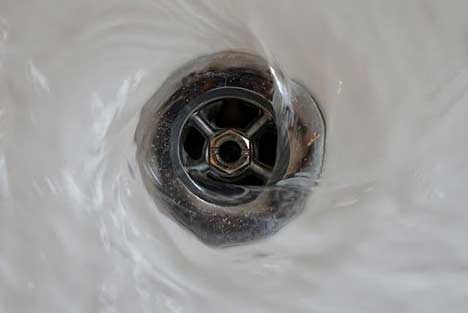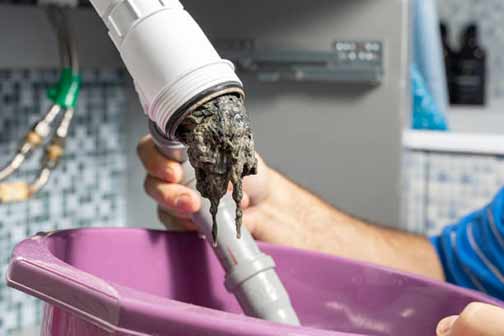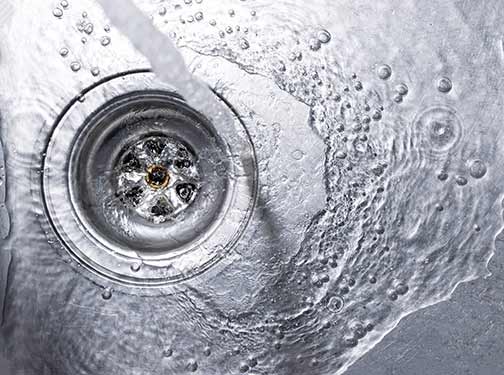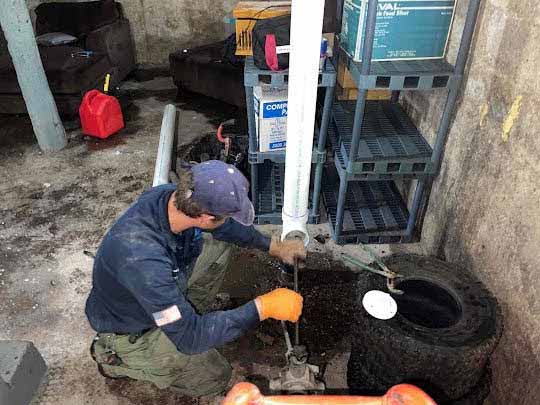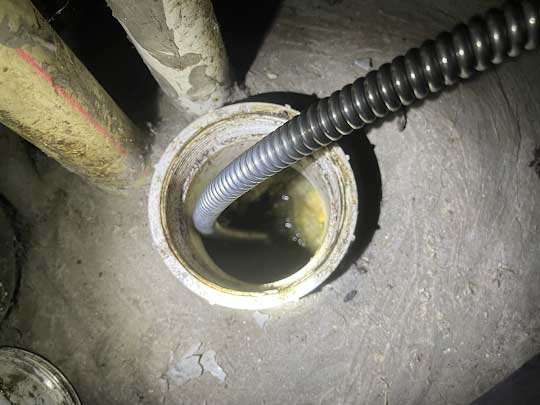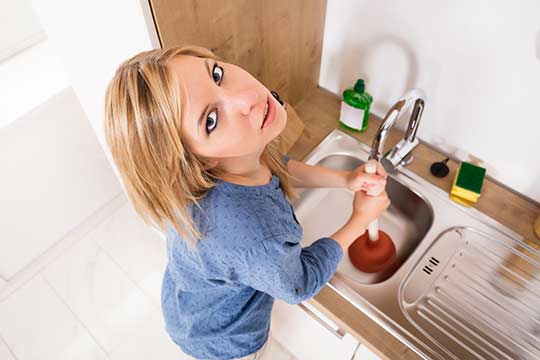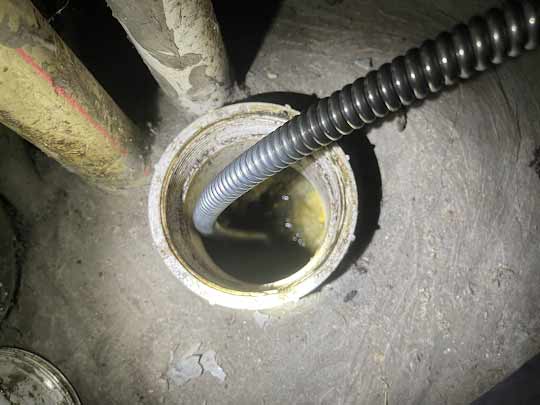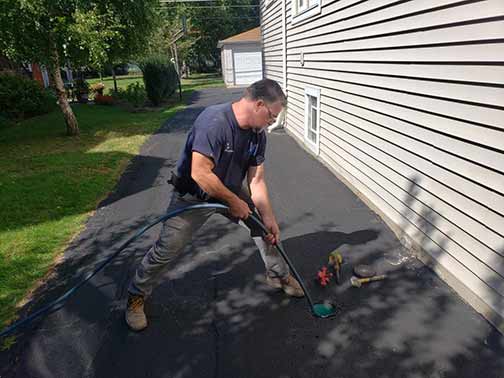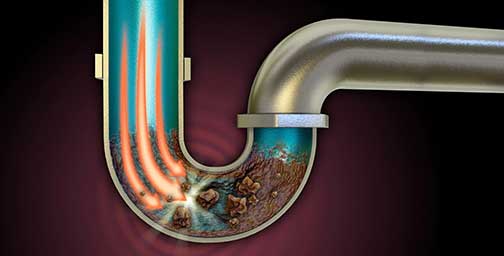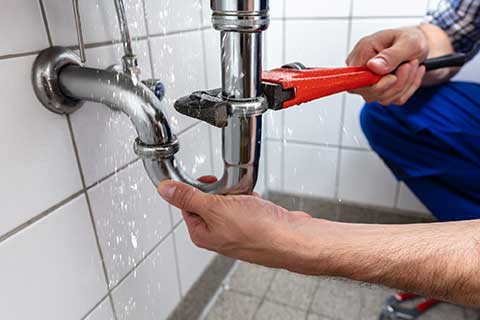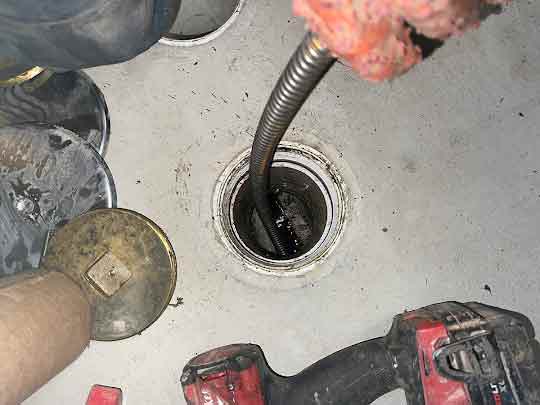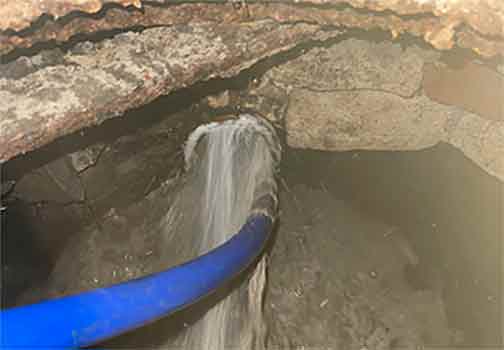Clogged drains are a common problem in modern plumbing systems. Mostly due to aging pipes or a general lack of plumbing maintenance, every year, thousands of American households find themselves dealing with plumbing issues caused by obstructions inside their drain lines. Clogged drains make up a significant part of all insurance claims related to water damage.
What causes a home’s drains to become clogged?
Keyrenter Broward explains there are two significant reasons; natural causes beyond the homeowner’s control and artificial causes from how you use the home’s drains.
The natural causes of clogged drains are less crucial because they account for a considerably small portion of drain issues in the house. These natural causes include:
- Normal wear and tear on aging pipes: This is a common cause of clogs in old metal or clay drain pipes. The internal diameter of the pipes often becomes narrow as a result of rust or decay. When this happens, water finds it difficult to pass through the drains, increasing the rate of buildup inside the pipes.
- Tree roots intrusion into drain lines: Tree roots may find their way into drainpipes via fractures in the piping or through weakened connections. Once inside the pipes, the roots can grow until they form a ball that partially or completely blocks the drain.
- Earth movements: These are small shifts in the soil beneath a home. These slight movements can dislodge or damage a pipe because the proper slope of the drain is altered, making it more predisposed to build up.
But as already stated, natural causes of drain clogs are less critical than artificial ones because they are less frequent. The majority of drain clogs result from poor maintenance and improper use of the drains. Drain systems are designed to carry very specific types of waste. If the wrong items or materials are flushed into drains, they will clog.

The majority of drain clogs result from poor maintenance and improper use of the drains.
Can you prevent drain clogs?
You can prevent the majority of drain clogs since most drain clogs are artificial. The key to keeping a home’s drain free of obstructions is to understand the everyday mistakes that cause this problem and avoid them. Below is a list of things that predispose the drains to clogs and how to avoid them.
Keep FOGS out of the drain
Fats, oils and grease (FOGs) are the number one enemy of drain pipes. Once inside the drain, these materials become congeal, sticking to the sides of pipes and trapping the debris inside wastewater until the pipes are clogged or blocked completely. Pour FOGs into a sealable container and dispose of them in the trash.
Avoid forbidden items
In addition to FOGs, food waste like starchy foods (rice or mashed potatoes), eggshells and coffee grinds should never be flushed into the drain. Starchy foods, for instance, will absorb water and swell to many times their normal size inside the drains. Eggshells and coffee grinds slow the water movement by settling at the bottom of the drainpipes.
Watch what you flush
A few items people dump into their toilets include wipes, paper towels, diapers, female hygiene products, dental floss, paint, or paint thinner. All these items increase the risk of clogs inside a drain system. It has no business inside the toilet if it is not human waste or toilet paper.
Install strainers over drain openings
As unlikely as it sounds, hair and soap scum will block the shower drain. It is not possible to keep your body from shedding hair inside the shower. Soap scum is also an unavoidable product of using soap. To keep soap scum and hair out of bathroom drains, install a mesh screen or a shower drain hair catcher over the drain opening.
Avoid chemical drain cleaners
Chemical drain cleaners are quick fixes that can result in bigger issues. Chemical drain cleaners can clear your drains because they contain strong corrosives. But these corrosives can weaken the drainpipes and make them more liable to leak. To prevent drain clogs, avoid chemical drain cleaners.
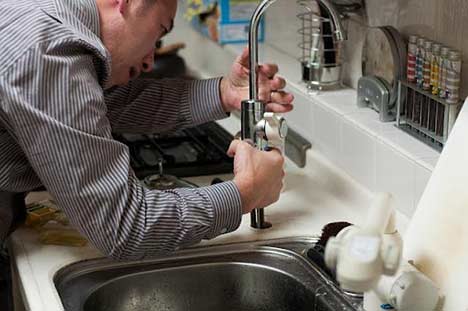
Most drain issues start as minor problems that produce telltale signs.
Tackle problems early
As the saying goes, “an ounce of prevention is worth a pound of cure.” This adage is completely true when dealing with drain systems. Most drain issues start as minor problems that produce telltale signs. These small issues become major problems when those signs are ignored. Prompt action to solve problems will prevent most drain clogs.
Finally, even after doing all of the above, it is still possible to have clogs inside the home’s drain system. That is because modern plumbing systems are extensive and complicated. Homeowners can’t keep an eye on everything going on with their home’s drain lines. But there is a simple way to get around this problem.
Annual camera inspections of your sewer lines should be a central part of the plumbing maintenance program for you to prevent clogs in the system. These inspections are vital for picking up problems at the early stages and solving them quickly and cheaply instead of waiting until they escalate into considerable costs. Only a professional plumber should perform these inspections.
